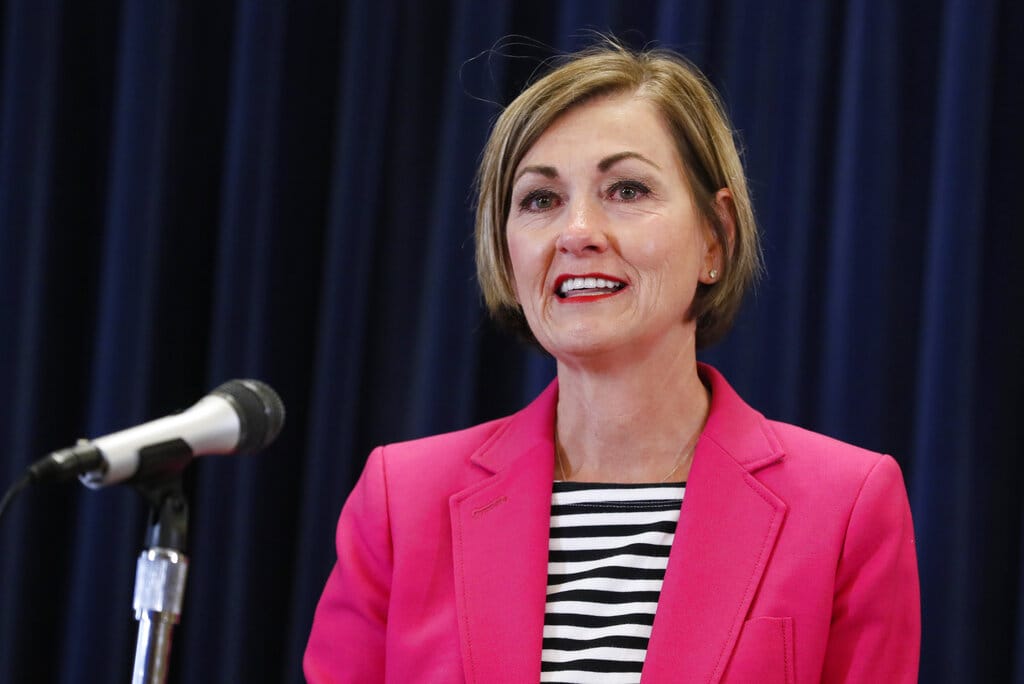AT&T Phasing Out 3G, Iowa Expands Broadband Funding, NY Mayor Drags Kids Back To School
AT&T will no longer support 3G networks by 2022, Iowa’s broadband bill, Mayor de Blasio ending distance learning.
Benjamin Kahn

May 26, 2021—AT&T will be shutting down its 3G network and will no longer be supporting any device that is not at least 4G LTE and HD voice capable.
On May 18, the telecom giant stated that it would no longer support 3G reliant devices by February of 2022, less that a year from their announcement.
In a blogpost, the company also shared a list of phones, smart watches, and tablets that would still be operable on their networks after the drop-dead date.
For customers with devices that are 3G reliant, AT&T said that they would have to purchase new devices and recommended that consumers recycle old ones.
AT&T is the most recent carrier to announce its 3G sunset period, but it is not the only one to have done so. In February of 2021, Light Reading reported that Verizon would be shutting down its 3G networks at the end of 2022.
Iowa’s $100 million for broadband
Iowa Republican Gov. Kim Reynolds signed House File 867 into law on Monday, which will see $100-million put toward broadband infrastructure projects.
The Globe Gazette reported that the primary goal of the fund will be to ensure that all Iowans, particularly those living in rural areas, are provided with an internet connection of 25 Megabits per second download, and 3 Megabits per second upload – the baseline target for the Federal Communications Commission.
The $100 million in funding will not come out of the state’s budget and will instead draw on federal monies given to the state as COVID relief.
Many legislators and experts have criticized the current FCC definition of broadband, stating that 25 Mbps download and 3 Mbps upload simply is not sufficient to address the modern ways that Americans use broadband. Iowa hopes to address this issue in the second stage of their plan.
In an interview with the Globe Gazette, CEO of Iowa Communications Alliance Dave Duncan explained that connecting Iowans to minimum broadband speeds is only the first step. He said that once every Iowan has access to broadband speeds as defined by the Federal Communications Commission, the goals will shift to ensuring that Iowans have access to “future-proof” networks with 100 Mbps symmetrical service.
NY mayor axes remote learning option for NYC
As infection rates continue to decrease across the country, New York City Mayor Bill de Blasio announced that there will be no remote learning option for students come the fall semester, and that all students and staff will be back in the classroom in September.
NYC’s school system represents over a million students; though NYC was not the first school district in the U.S. to announce its departure from online learning, it is the largest.









Member discussion